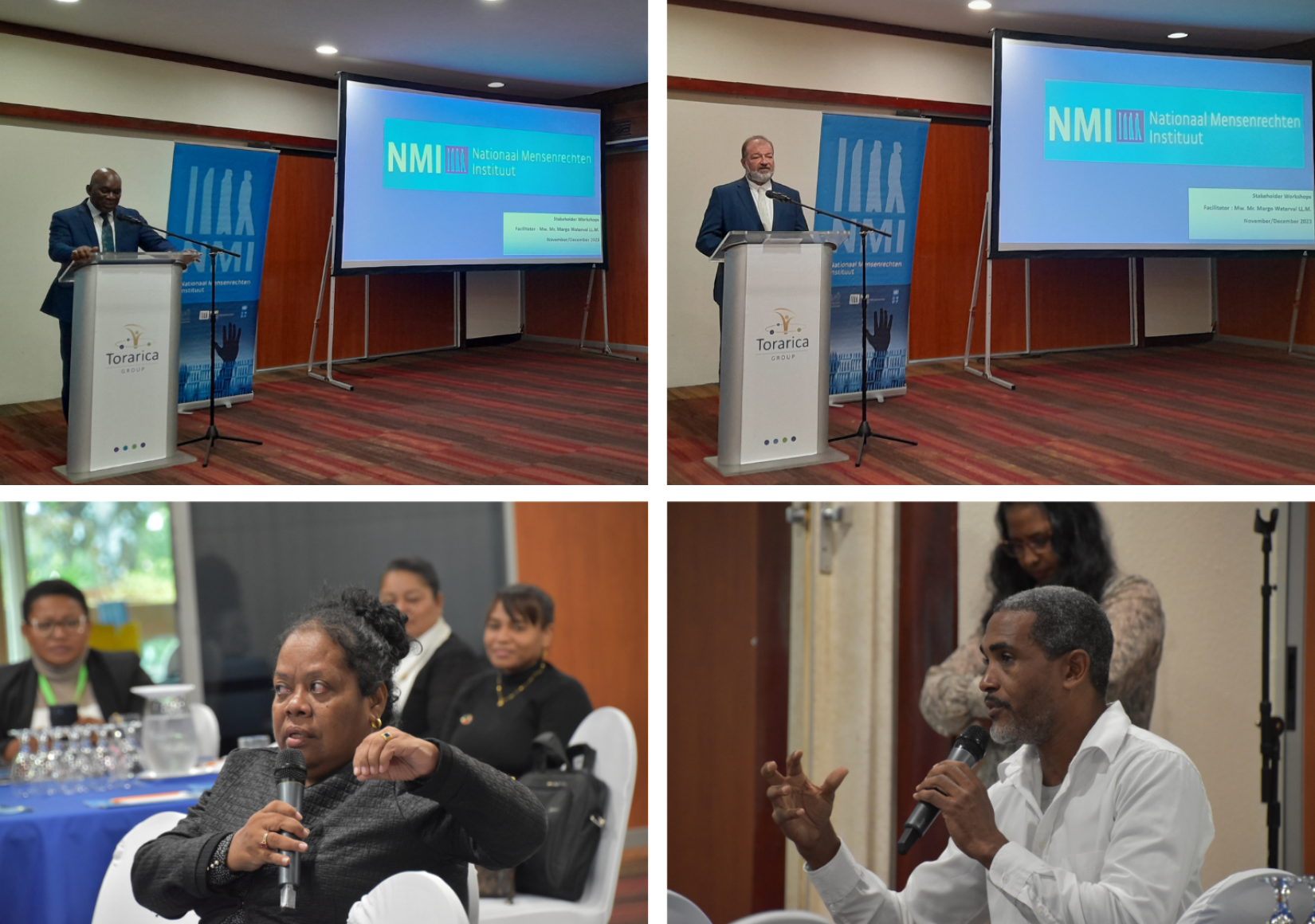Empowering Suriname: The Journey to Establish the National Human Rights Institute
Suriname is diligently working on the establishment of the National Human Rights Institute (NHRI) to bolster human rights and foster a culture of inclusivity.
The United Nations Development Programme (UNDP), in collaboration with the Ministry of Justice and Police, is at the forefront of this endeavor, orchestrating awareness and sensitization sessions to engage various stakeholders in this transformative process.
The journey to establish the NHRI traces back to 2016 when the Surinamese government responded to recommendations from UN member states by launching the institute. However, the existing legal framework, articulated in the 1985 Decree (S.B. no. 01), proved inadequate, falling short of aligning with the Paris Principles. Recognizing the imperative need for an updated legal structure, a bill has been meticulously drafted by Surinamese human rights experts, setting the stage for the NHRI's operationalization.
The NHRI, as envisioned in the Paris Principles, will bear a broad mandate to promote and protect human rights. This includes ensuring adequate resources and financial autonomy, the freedom to address any human rights issue, and annual reporting on the national human rights situation. Cooperation with national and international actors, advice to victims of human rights violations, and active involvement with civil society will be integral to its functioning.
As the project progresses, targeted sessions with various stakeholders, including members of parliament, media workers, and civil society organizations, are taking place. The UNDP, in collaboration with the Surinamese government, remains steadfast in its commitment to advancing human rights, fostering awareness, and ensuring the successful establishment of the NHRI.
Representatives from political parties, members of Suriname's parliament, and the National Youth Council recently participated in awareness and sensitization sessions. The aim was clear — to deepen understanding, garner support, and highlight the pivotal role each stakeholder plays in the NHRI's establishment.

During his opening remarks for this session Mr. Gerardo Noto, UNDP Resident Representative, emphasized that the human rights are a central part of the UNDP's support to the 2030 Agenda and Sustainable Development Goals. He underscored the importance of addressing the root causes of human rights violations as a foundational step towards sustainable peace and development.
During this same session Minister of Justice and Police, Kenneth Amoksi, emphasized Suriname's dedication to meeting international human rights standards. He shared insights into the collaborative efforts involving key stakeholders, acknowledging the vital input from the UN, OAS, and civil society in the drafting of the NHRI legislation.
The establishment of Suriname's National Human Rights Institute is not just a legal process; it's a transformative journey towards a society that values and protects the rights of all its citizens. With the UNDP's unwavering support and the active participation of diverse stakeholders, Suriname is poised to create an institution that will be a beacon of human rights advocacy, contributing significantly to the country's progress and global human rights efforts. Together, we are empowering Suriname for a brighter future.



